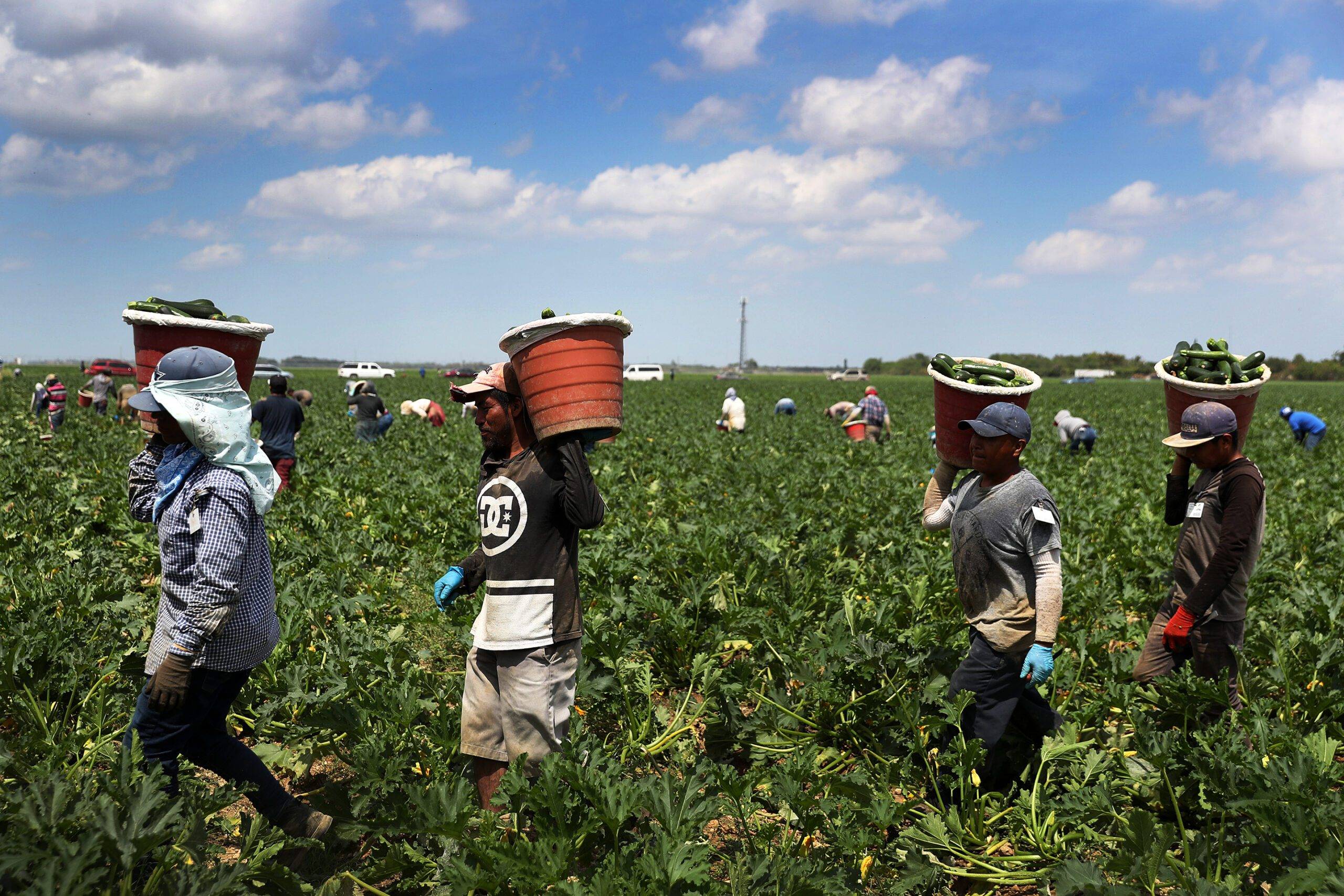Poland’s agricultural sector plays a vital role in its economy, and there are various opportunities for farm jobs across the country. With its rich soil and favorable climate, Poland is a significant producer of crops, dairy, and livestock, making it an attractive destination for those seeking employment in agriculture. Here’s an overview of the types of farm jobs available, the skills required, and the overall working conditions.
Types of Farm Jobs
- Crop Production Workers:
- Involved in planting, tending, and harvesting crops such as grains, vegetables, and fruits.
- Tasks may include operating machinery, applying fertilizers, and managing irrigation.
- Livestock Handlers:
- Responsible for the care and management of animals, including cows, pigs, and poultry.
- Duties include feeding, milking, and maintaining health records.
- Dairy Farm Workers:
- Focused on the production of milk and dairy products.
- Responsibilities include milking cows, maintaining hygiene, and managing equipment.
- Greenhouse Workers:
- Work in controlled environments to grow plants, flowers, and vegetables.
- Involves planting, watering, and harvesting, as well as managing environmental conditions.
- Farm Management Positions:
- Supervisory roles that involve overseeing farm operations, managing staff, and planning crop cycles.
- Requires experience and knowledge of agricultural practices.
- Seasonal Workers:
- Many farms hire seasonal workers for peak times, especially during planting and harvest seasons.
- These positions can include various tasks, often requiring less experience.
Skills Required
- Physical Stamina: Many farm jobs require physical labor, so being fit and able to perform manual tasks is essential.
- Attention to Detail: Monitoring crop health, animal well-being, and equipment functionality is critical.
- Machinery Operation: Familiarity with operating agricultural machinery, such as tractors and harvesters, is often necessary.
- Teamwork: Many farm tasks are performed in teams, requiring good communication and collaboration skills.
- Basic Knowledge of Agriculture: Understanding farming practices, plant care, and animal husbandry is beneficial.
Working Conditions
- Hours: Farm work can be demanding, often requiring long hours, especially during planting and harvesting seasons. Many positions involve shift work, including early mornings and weekends.
- Environment: Workers can expect to work outdoors in varying weather conditions, which may include heat, rain, and cold.
- Safety: Farms must adhere to safety regulations, but workers should also be aware of potential hazards, such as machinery and livestock.
Salary Overview for Farm Jobs in Poland
Salaries for farm jobs in Poland can vary significantly depending on the type of work, location, level of experience, and specific industry. Here’s a breakdown of what farm workers can typically expect in terms of compensation.
Average Salary Ranges
- Entry-Level Positions:
- Crop Production Workers / General Farm Laborers: Typically earn between 3,500 to 4,500 PLN per month (approximately $850 to $1,100 USD).
- Skilled Positions:
- Livestock Handlers / Dairy Farm Workers: Generally earn between 4,500 to 6,500 PLN per month (around $1,100 to $1,600 USD). This may include roles that require specific skills, such as operating machinery or managing animal care.
- Specialized Roles:
- Greenhouse Workers / Farm Technicians: Salaries for these positions often range from 4,500 to 7,000 PLN per month (approximately $1,100 to $1,700 USD), depending on the complexity of the tasks.
- Management Positions:
- Farm Managers / Supervisors: These roles can command higher salaries, typically ranging from 6,500 to 10,000 PLN per month (about $1,600 to $2,500 USD or more), particularly for those with extensive experience and responsibilities.
- Seasonal Workers:
- Seasonal positions may pay hourly, ranging from 15 to 25 PLN per hour (approximately $3.50 to $6.00 USD), depending on the job and location.
Influencing Factors
- Location: Salaries can be higher in regions with a higher cost of living or in areas with greater agricultural productivity, such as central and southern Poland.
- Type of Farm: Specialized farms, such as organic or high-tech operations, may offer higher wages due to the advanced skills required.
- Experience: Workers with more experience or specialized skills typically earn higher wages.
- Type of Employment: Full-time positions may offer benefits and more stable salaries, while temporary or seasonal jobs might pay less overall.
Additional Benefits
In addition to base salaries, many farm jobs offer additional benefits, such as:
- Health Insurance: Some employers provide health coverage.
- Housing: On-site housing may be available for workers, especially on larger farms.
- Bonuses: Performance-related bonuses can enhance overall compensation.
- Training Programs: Opportunities for skill development may lead to higher pay in the future.
Challenges
- Seasonal Variability: Many farm jobs are seasonal, leading to potential gaps in employment.
- Physical Demands: The work can be physically taxing and may lead to fatigue or injuries if proper care isn’t taken.
- Weather Dependency: Farming is heavily influenced by weather conditions, which can affect job stability.

